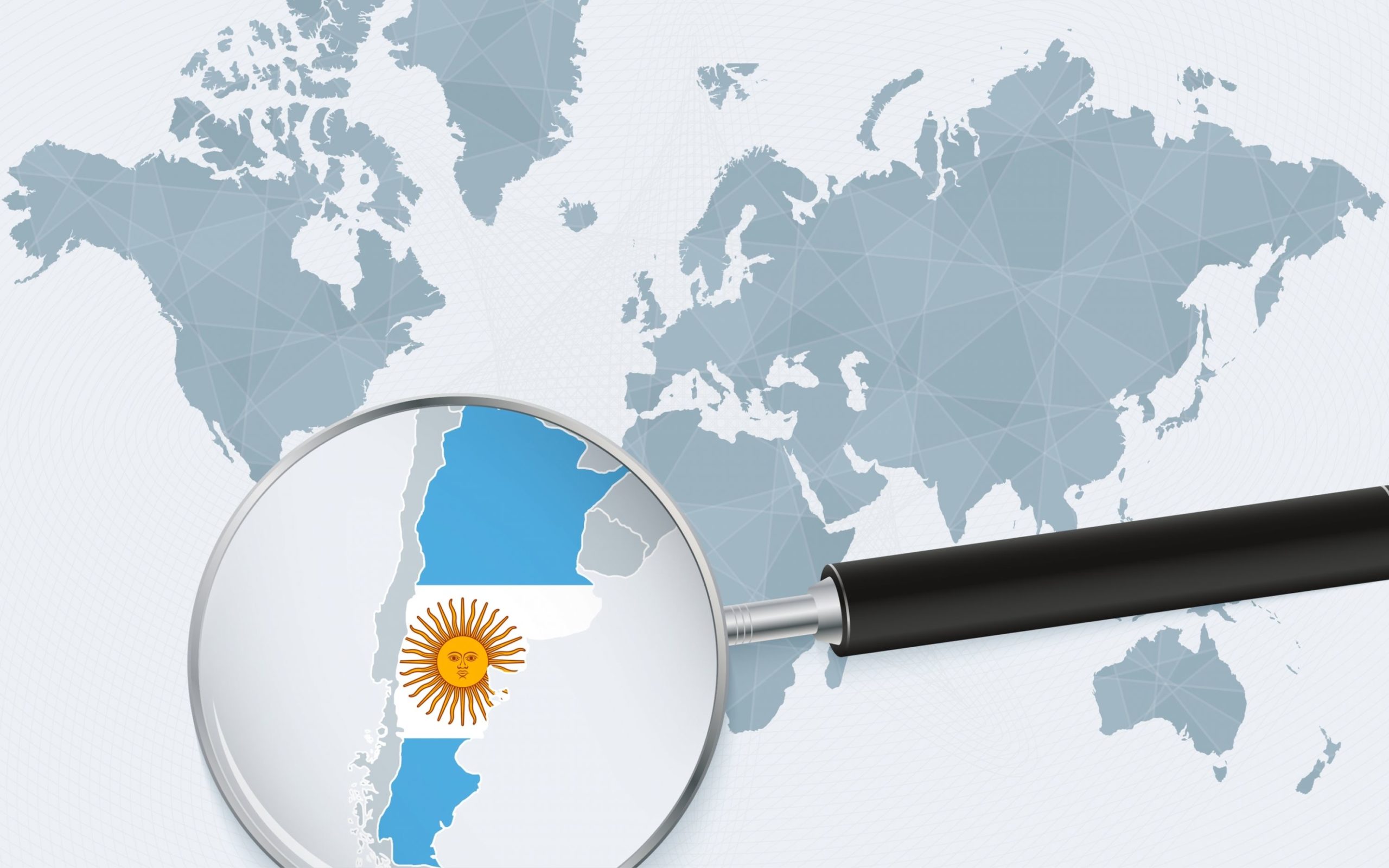RIO DE JANEIRO, BRAZIL – With inflation that does not cease and which, according to official data, will reach 62% this year, although private estimates indicate that it will be even higher, Argentina is one of the three riskiest countries in the world for investments in Latin America, according to a study carried out by JP Morgan.
The entity, which had also recently pointed out that Argentina is a vulnerable country from a fiscal and foreign debt point of view, placed it on this occasion in the top 3 nations with the highest country risk, only surpassed by Venezuela and El Salvador.
This index is periodically elaborated by JP Morgan and works as a reference point when measuring the total yield of international bonds issued by different governments.

Using the Emerging Bonds Market Index (EBMI), the official name of the indicator known as country risk, global traders and investors have a reference from which to demand a certain level of return on sovereign bonds issued in foreign currency, normally in dollars or euros.
It is based on measuring the yield gap between US Treasury bonds – considered a safe financial asset due to the issuer’s ability to pay – and similar bonds from emerging countries.
Recently, the country risk index prepared by JP Morgan rose 79 units for Argentina and reached 2,190 basis points, a maximum it had not reached since August 3, 2020, during a crisis context due to the renewed decline of Argentine financial assets in Wall Street.
It means that the index is currently higher than before Alberto Fernández’s government agreed to restructure the debt with private creditors for more than US$100 billion in September of the same year.
Thus, according to an analysis published in Bloomberg, Argentina is the third with the highest country risk in the region, being only behind Venezuela, which has 33,347 points, ten times higher than the rest of the nations of the continent, and El Salvador, which reached a total of 2,462 points.
Given this situation, JP Morgan made its projections and considered that the region would experience moderate economic growth, leaving behind some of the negative effects of the pandemic, but warned that the advancement of productivity would be slow.
In this regard, the entity stated that this is mainly due to a contraction of global aggregate demand, which would negatively affect the flows and the prices of raw materials on which the main world economies depend.
The Argentine stock market started this week in the red, amid an adverse global outlook, due to fears of higher world inflation that would force central banks to raise their interest rates, affecting economic growth.
In an attempt to reassure the market after the fall of domestic bond prices, especially those adjusted by the Reference Stabilization Coefficient (CER), the Minister of Economy, Martin Guzman, categorically denied the possibility of a default: “Our government would never do that”, he assured.
In addition to all this, there are doubts about the performance of the local economy, derived from the difficult compliance with the goals agreed with the International Monetary Fund (IMF) and the inflationary pressures. This Thursday, June 16, the government informed that it changed its projection of this variable and announced that it would reach 62% by the end of the year.
With information from Infobae

